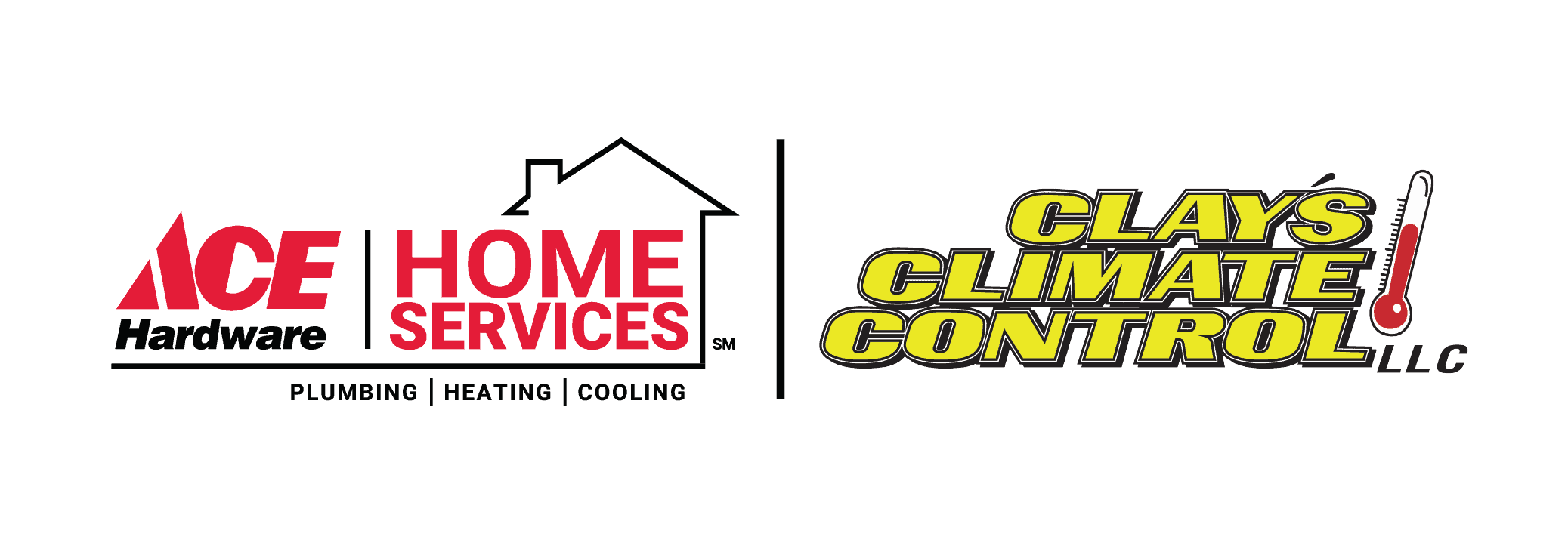
Understanding Indoor Air Quality
Indoor air quality is crucial in maintaining a healthy and comfortable home environment. Poor indoor air quality can lead to various health issues, including allergies, asthma, and respiratory problems. One of the primary contributors to indoor air pollution is the presence of allergens such as dust, pollen, pet dander, and mold spores. These allergens can become trapped in your home, circulating through your HVAC system and ultimately affecting your well-being.
The Role of HVAC Air Filters
Your HVAC system plays a pivotal role in maintaining indoor air quality. It regulates the temperature and filters the air circulating throughout your home. This is where air filters come into play. These filters capture and remove airborne particles, including allergens, before they can enter your living spaces. However, over time, these filters become clogged with debris, reducing their effectiveness. Let’s look at the advantages of regularly replacing your air filters:
Improved Indoor Air Quality
By replacing your air filters regularly, especially before fall allergies strike, you ensure that the air circulated throughout your home is clean and free from allergens. This can significantly reduce allergy symptoms, helping you breathe more easily.
Reduced Indoor Air Pollution
Dirty or clogged filters can lead to an increase in indoor air pollution. Allergens and particles can recirculate in your home, exacerbating allergy symptoms and potentially causing other health issues. New filters are your first line of defense against indoor air pollution.
Enhanced HVAC Efficiency
When air filters are clogged, your HVAC system has to work harder to push air through, leading to increased energy consumption and higher utility bills. Replacing filters regularly ensures that your system operates efficiently, saving you money in the long run.
Extended HVAC System Lifespan
A well-maintained HVAC system tends to have a longer lifespan. Replacing filters is a simple and cost-effective way to keep your system running smoothly, preventing the need for costly repairs or premature replacements.
When to Replace Your Air Filters
Now that we’ve established the importance of replacing your air filters, let’s discuss when you should do it. Air filter installation depends on several factors:
- Filter Type – Different filters have varying lifespans. Standard fiberglass filters typically need replacement every 1-3 months, while higher-quality pleated filters can last up to 6 months.
- Usage – Homes with pets or smokers may need more frequent filter replacements due to increased airborne particles.
- Allergy Season – As fall allergies approach, it’s good practice to replace your filters in late summer to ensure maximum effectiveness.
- System Recommendations – Follow your HVAC manufacturer’s recommendations for filter replacement.
Your home’s indoor air quality is crucial to your family’s health and well-being, especially as fall allergies approach. Replacing your HVAC air filters before fall allergies can significantly improve indoor air quality, reduce indoor air pollution, and ensure your HVAC system operates efficiently.
Contact Clay’s Climate Control Today
At Clay’s Climate Control, we understand the importance of indoor air quality and offer air filter installation services to help you keep your home allergen-free. Contact us today to schedule an appointment and ensure your HVAC system is ready to combat fall allergies.

